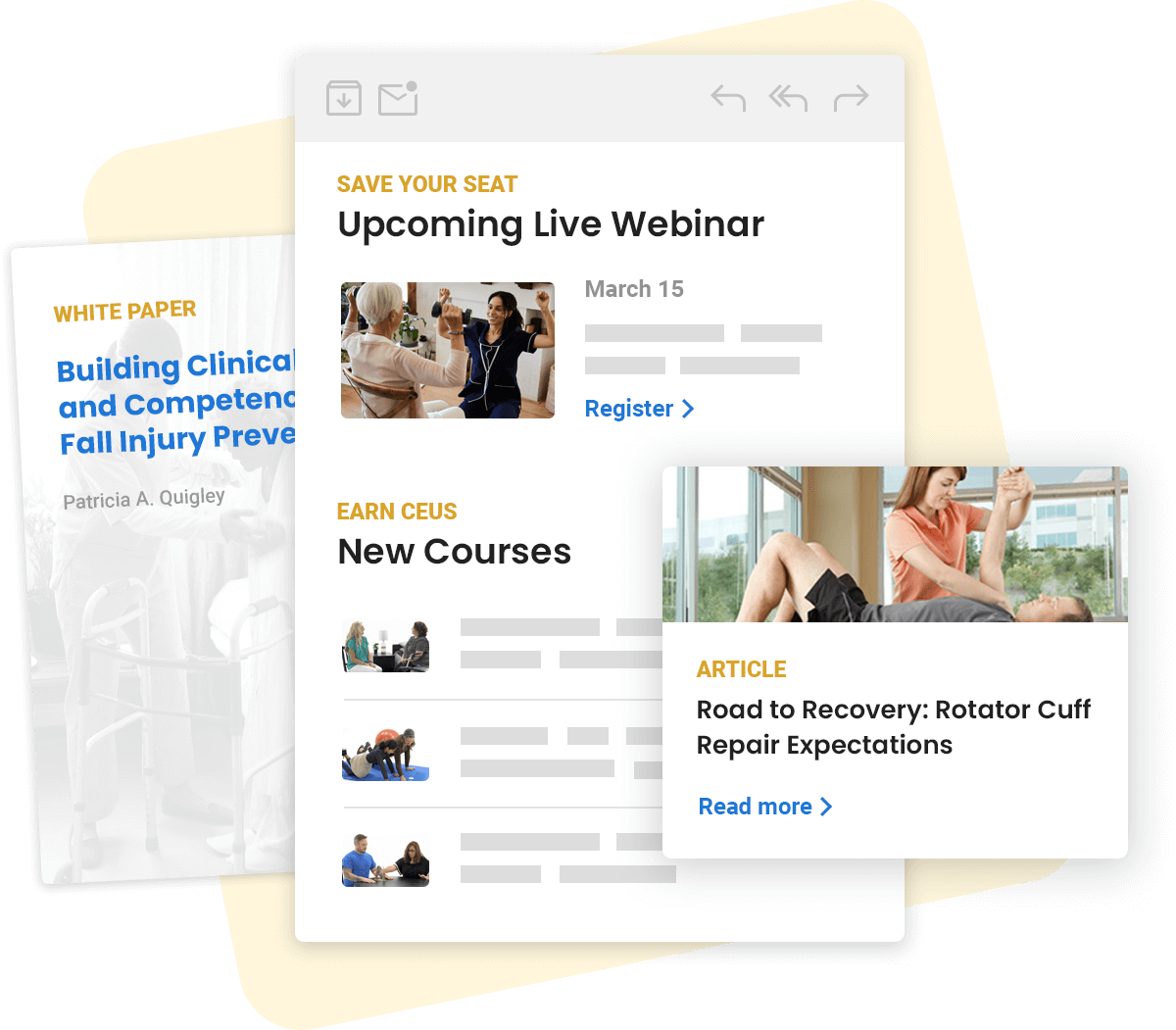How to Find and Apply IDEA Guidance

Let’s set the scene:
You’ve been working as a school-based physical or occupational therapist, and your viewpoints on what a child needs or when services should be discontinued are not always shared by other members of the related services team, principal, or special education administrator.
In fact, you recently disagreed with their request that you continue to submit individualized education program (IEP) goals but not attend IEP meetings for any of the students on your caseload. They see this as a measure of cost savings and efficiency while you view this very differently.
What the Individuals with Disabilities Education Act (IDEA) say about this? And how can you find out?
IDEA Resources
One of the best resources for finding key information related to IDEA is the IDEA website itself. Supported by the U.S. Department of Education, this government website houses information and resources from the department and their grantees on the IDEA.
The website includes resources for anyone impacted by the IDEA, including:
- Students
- Parents
- Educators
- Service providers
These resources are focused on services for eligible infants, toddlers, children, and youth with disabilities under the IDEA. You’ll find relevant federal statutes, regulations, and policy documents to help you become an expert on the IDEA. There are even training materials you can share with others.
Applying IDEA Guidance
Let’s return to the scene above.
Using this website, you find specific guidance to address the concern about the directive not to spend time at IEP meetings.
Specifically, you learn that while the IDEA does allow excused absence of a team member from an IEP meeting, there are also times when a team member absolutely should be present in the meeting.
Excused absence is permitted when:
- The team member’s area of expertise is not going to be discussed or modified at the meeting.
- The parent and the school district both have agreed in writing that the team member is not required at the meeting.
Additionally, you learn that while a team member can be excused even when their area of expertise is going to be discussed or modified, the following conditions must be met:
- Both the parent and school district have given consent to the excusal of the team member.
- The team member has submitted their input in writing to the parent and the IEP team prior to the meeting.
These important points can be found in the federal regulations at 34 CFR §300.321(e)(2) and are further explained in several other locations on the IDEA website, including in the Individualized Education Program Topic Area, as well as within the modules that are part of the resource materials linked to the IEP topic area.
When you have questions about anything pertaining to the IDEA, make the website your first stop. When you check with the IDEA website, you are accessing primary sources of information that are unbiased and accurate, and support what you need to know to help guide you in your service of school-based services and early intervention services under the IDEA.
- Individuals with Disabilities Education Act, 20 U.S.C. § 1400 (2004)
- https://sites.ed.gov/idea/statuteregulations/
- https://www.parentcenterhub.org/meetings/#excusal









